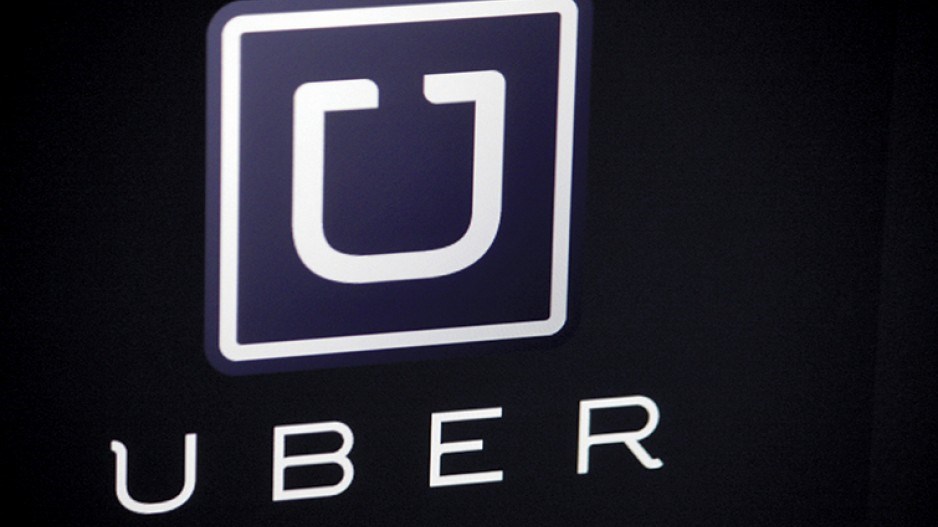The incident, in New Delhi, prompted the Indian capital’s administration to ban Uber from operating in its jurisdiction for failing to conduct adequate security checks on its drivers. The 37-year-old driver has told police he had a string of previous convictions for rape.
Uber has been operating in India since 2013 and the central government is consulting with the nine other cities where the company operates – Bangalore, Mumbai, Hyderabad, Chennai, Jaipur, Ahmedabad, Chandigarh, Kolkata and Pune – as well as all the state governments before deciding what to do about cellphone app-based taxi services.
The vulnerability of women in public has become a major issue in India as more and more highly vocal and highly qualified middle-class women confront the daily dangers of commuting to and from work. The situation has serious implications for both domestic and international companies operating in India as the security of female employees remains a matter of public concern, and therefore a focus for political regulation.
There was unprecedented public outrage in December 2012, when a 23-year-old female student was gang-raped on a private bus in New Delhi. The victim died as a result of the attack. That incident attracted public attention because middle-class Indian women have been favouring private transportation companies, which have been considered much safer than public transit.
For the same reason, Indian women have come to rely on calling taxis through smartphone applications or through companies that use global positioning systems. And it is not only women seeking secure transport who patronize these companies. Men, too, find hailing cabs by cellphone apps far more efficient than relying on traditional taxi companies, which are frequent targets of complaints about inefficient service, delays and bad drivers.
Even though Indian women who commute consider cabs provided by companies such as Uber to be safer than public transport, they are usually not complacent. It is very common for women passengers to text message the vehicle number and driver’s licence number to their families at the start of the cab journey.
The young tax company executive assaulted in the latest incident apparently didn’t take this precaution. When the driver, Shiv Kumar Yadav, dropped her at home after the rape, he threatened to come back and kill her if she reported the incident to the police. She was able to take a photo of the car and its licence plate with her cellphone before he drove off.
Uber issued a statement last week saying, “Our entire team’s hearts go out to the victim of this despicable crime.” But Uber CEO Travis Kalanick suggested that the porous licensing system in India was partly to blame for a convicted rapist being able to become a cab driver. Kalanick said his company will “work with the government to establish clear background checks currently absent in their commercial transportation licensing programs.”
Uber was formed in San Francisco in 2009 and now operates in 250 cities in 50 countries. From the start, Uber has been the target of intense scrutiny and much criticism. Established taxi companies see the ride-sharing system as a threat to their livelihood. They, and many others, have raised concerns about safety, security and insurance liability. There have also been many allegations of Uber drivers sexually assaulting passengers in the United States.
Also last week, Uber was banned in the Netherlands from taking smartphone bookings because it broke rules requiring cab drivers to have special licences.
Jonathan Manthorpe ([email protected]) has been an international affairs columnist for nearly 40 years.




